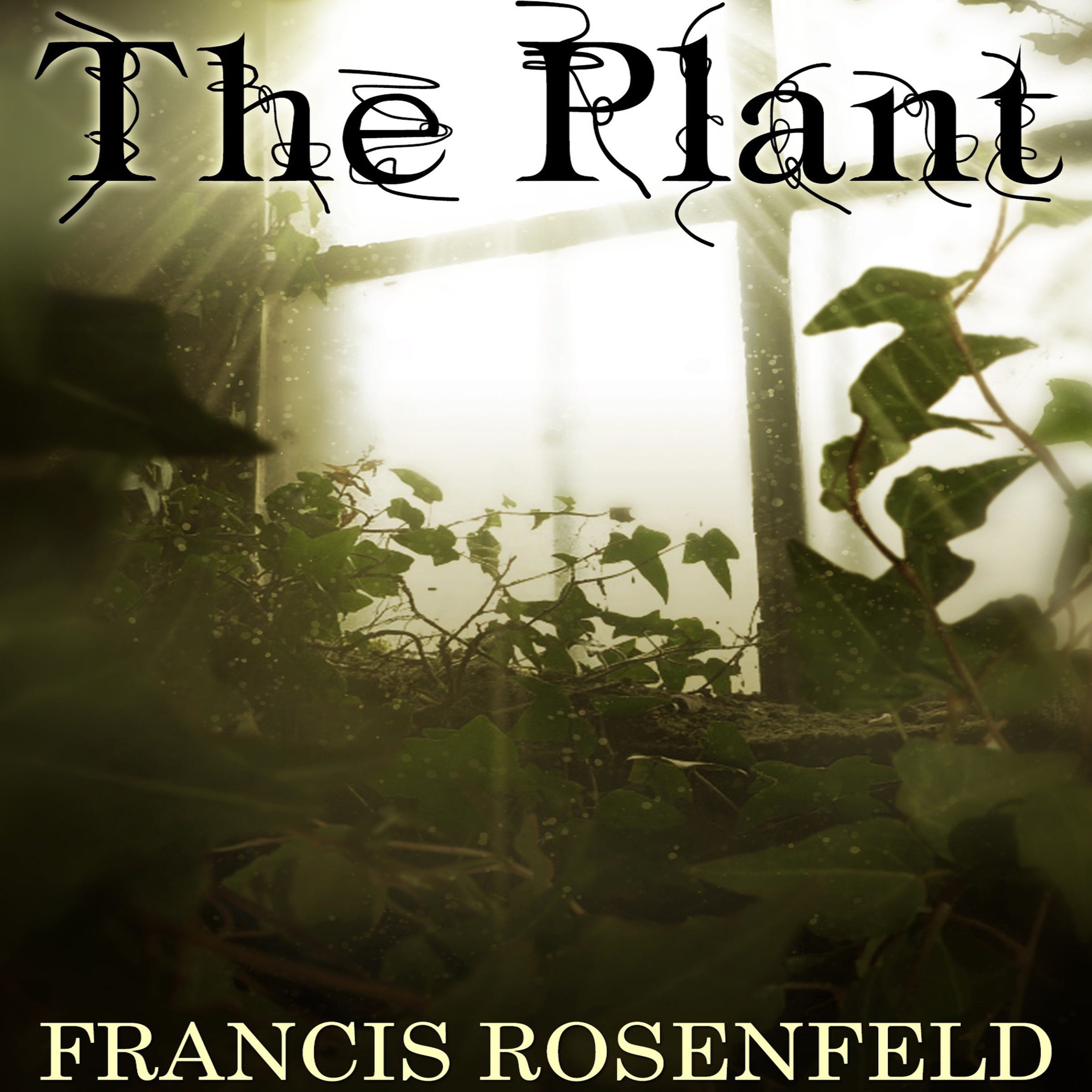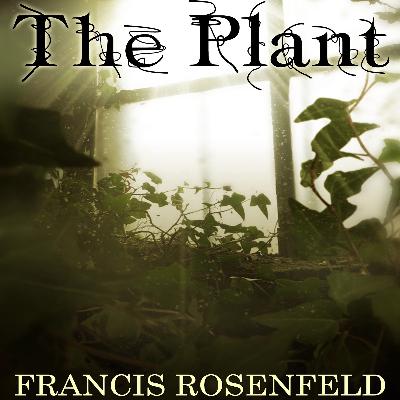Chapter 16 - Improving Efficiency
Description
The meetings at the town hall were so common that one could almost randomly stop by and find oneself right in a middle of one. The scientific team decided to stick around for a while, partly in response to the town folks’ insistent requests for continuous updates, and partly because they were so excited to study this new embodiment of life, any other project felt dull in comparison.
Jack and Richard arrived somewhere in the middle of the current meeting, but they were so familiar with the subject matter by now that they were always able to fill in the details, so they found a couple of seats somewhere in the back and made themselves comfortable.
“So you are saying that…” somebody from the first row was making sure they understood the biologist correctly.
“It is a living entity,” the biologist replied.
“What part of it, the plant and the extension ducts?” the other speaker replied. “We already know that!”
“No, not only those, everything that it interacts with, the wall, the dome, the wildlife inside it, well, by extension, every person that enters it,” the biologist smiled.
The audience gasped. For months, rumors of the plant being capable of integrating people into its dense network of stems have been circulating, rumors that the factory was very assiduously trying to dispel.
“No, no!” the biologist realized he had touched the third rail of the communal subconscious fear. “Not like that!” he tried to reassure everybody. “It creates its own micro-climate, and everything inside it is a part of a coherent living organism. It adjusts itself to the warmth generated by the birds and plants,” he continued.
“And humans,” a morose person pressed the point that displeased everyone.
“And humans,” the biologist smiled. “It compensates for the heat transfered through metal and through glass, and for the energy generated by the movement of electrons. Did you know that the areas where birds are nesting have dropped their temperatures to a cozy ninety six degrees? It’s like a zoned climate system, with separate temperature controls.”
“And if the birds leave?” the first person asked.
“Than it goes back to getting hotter than the fires of Gehenna! How sweet of it to adjust its temperature for squirrels and mice, but it crisps us every chance it gets!” the morose man commented.
“Actually, it doesn’t get above one hundred and twenty degrees anymore. At least not in the active work zones.”
“I don’t believe it!” the man replied.
“It also increased the ventilation rate and the oxygen content in populated areas. It feels almost…purposeful,” the biologist spoke. “I hesitate to call this intelligence, but it is certainly cohesive in demeanor and intent.”
“See?” Richard whispered to Jack, excited. “I told you it steered clear of the storage room!”
“You don’t believe that!” Jack contradicted him. “It went straight through a wall and you’re telling me that it avoided an open space on purpose!”
“What makes you think it didn’t notice the wall?” Richard said.
“Why would it want to go out into inclement weather?” Jack doubted.
“Maybe it was curious,” Richard replied.
“Get out of here!” Jack leaned back into his chair. “I think your love for this plant is making you crazy, dude! It’s just a plant!” he exclaimed.
“Sure it is, Jack! Sure it is!” Richard smiled back at him.
“Also,” the biologist continued the account of his latest research, “we noticed that it adjusted the percentages in the metal alloy of its petals to closely match the composition of our extrusion profiles. Our team concluded this is too specific for a random occurrence.”
“Great! Now it’s mixing our alloys for us. What’s next? It messes with our breakfast?” the morose man replied.
“One more thing,” the biologist said. “It seems to be very protective of all of its living components. I wouldn’t, for instance, try to remove any of the sparrows. I know some of you have complained about the…hhm…bird ‘accidents’ that happen on occasion.”
“Why don’t you call a spade a spade, sir! It’s bird poop dropping on our heads,” the morose man replied.
“I understand,” the biologist said. “Maybe we can take some protective measures, to mitigate that.”
“Oh, come on!” the other man exclaimed, exasperated.
“Well, that’s all we have for now, we’ll continue our research and keep you posted if there are any new developments,” the biologist smiled to the audience.
Jack and Richard headed home, and since it was a nice warm evening at the end of spring, they decided to take the longer route and enjoy the weather. The route wandered through a couple of side streets and then merged into a larger road, through a commercial area, edged by little shops. Along the sides of the pedestrian alleys, the late blooming trees were shedding their last petals, sprinkling the walkways with fragrant clutter.
“What do you think would happen to all the blossoms if they were allowed to fall to the ground?” Richard asked Jack, suddenly.
“I really don’t know,” Jack thought for a second.
“See, ‘cause if it were a normal plant, the petals would wilt and eventually turn into humus, but metal doesn’t decompose, at least not for a long time. I guess the plant would be smothered by it if we didn’t remove it,” he said.
“What’s your point?” Jack said.
“Do you remember how in the beginning it wouldn’t bloom?” Richard replied. “We even thought it wasn’t able to produce flowers or fruit.”
“So?” Jack said.
“So, after we stretched the nets it started blooming twice a year.”
“I don’t understand,” Jack said.
“Don’t you see, Jack?” Richard stared at his friend, in disbelief. “It…adopted us!”
“Huh?” Jack blurted.
“It, ahm, evaluated the components of its environment and adjusted its development guided by our continued presence in it,” Richard said, laughing. “We’re just like the sparrows, my friend, only bigger,” he started laughing.
“I’m not sure I like the sound of that, dude! Aren’t we supposed to be smarter than it is? It’s just a plant!” Jack frowned.
“How many times did we say that by now and were wrong every time? I think we all take ourselves a little too seriously. We’re not better than the world we live in, we’re just capable of understanding some of it, is all.”
“So, what are you saying, that if we stretch more nets it will bloom three times a year instead of two?” Jack extrapolated.
“Probably, but that’s not the point. I am wondering what else the plant does now simply because we were there?” Richard said.
“What do you mean?” Jack said.
“What if it decided to make itself tools because we make tools, or to build shelter, or to protect another living thing?” Richard said, suddenly realizing that his own ardent desire to keep the plant from harm, his curiosity to see how it would evolve and interact with its surroundings, had infused the evolution of this very strange composite living entity. He was instantly humbled by this thought, and felt unworthy of the privilege.
“It’s you!” Jack exclaimed, shocked by the sudden understanding. “It is just like you!”
“Not entirely,” Richard tried to joke, to lessen the tension of the moment. “I, for instance, don’t release droppings on people’s heads. It is a little like me, though, isn’t it?” he asked his friend, smiling from ear to ear with all the eager pride of a new parent.
“I’m hurt,” Jack teased. “I can’t recognize anything of mine in it, not even a little bit!”
“Don’t worry, Jack! When it starts poking fun at me, I’ll be sure to let you know.”
The thought didn’t leave Richard, and the more his mind dwelled on the adaptability of this environment, the more he saw its future potential, so he decided to do a little experiment. He didn’t tell Jack, who would have tried to talk him out of it, but spent a lot of time, as summer approached, observing the new plant habitat, the one at the hot springs, monitoring its growth patterns, its wildlife, its temperature changes. After that he went home and spent a lot of time in his room, building. His parents and sisters stopped by, on occasion, and asked a few questions about the new device, but they were used to Richard’s gizmos, so they didn’t study it too closely.
When it was finished, the little knot of gears spun conscientiously, making weird noises through a cluster of pipes. The entire device wasn’t bigger than a fist, and it moved about on a multitude of little mechanical legs, like a giant bug carrying a pan flute.
Richard took the little mechanical creature to the hot spring habitat, released it inside the glass dome and left. A few weeks later, he came back to find the dome populated by little walking pan flutes, chugging along on their tiny mechanical legs a




















